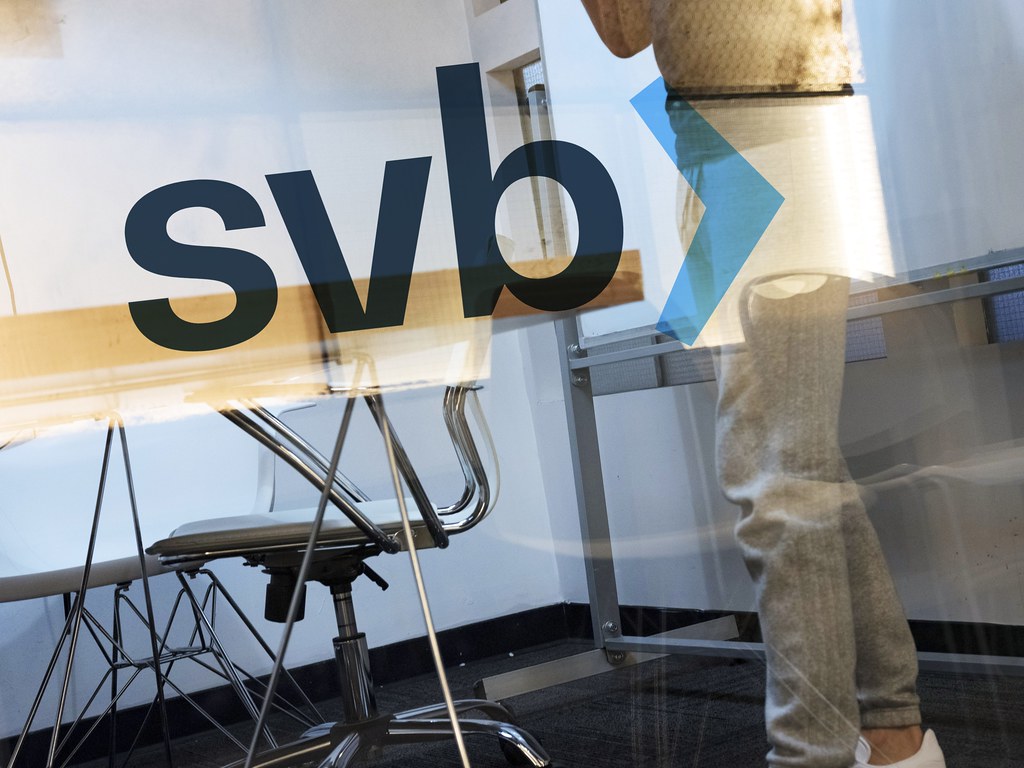Introduction
On Friday 10th March 2023, Silicon Valley Bank (SVB) was closed by the California Department of Financial Protection & Innovation and the Federal Deposit Insurance Corporation (FDIC) was appointed as the Receiver Bank. In enforcing the closure, the FDIC cited looming insolvency, lack of capital fluidity and thin liquidity of the bank[1]. SVB was without doubt, the preferred bank for many startups and venture capitalists globally, especially those with strong ties to the globally renowned innovation hub-Silicon Valley, where the Bank took its name from. The financial alarm bells that rang after that announcement sent shock waves throughout the global tech/start-up community, including the African tech & start-up space which is home to several startups with direct and indirect corporate ties to Silicon Valley and SVB.
Notably, SVB has been the banking platform of choice to multiple venture-backed startups for nearly four decades since its formation. It is also reported that a significant majority of the venture capital funds and firms which have transformed the African tech space to date by backing and investing in African start-ups maintained deposits and banking ties with SVB until its collapse[2].
The failure of SVB due to inadequate liquidity and solvency has raised concerns as to how African start-ups might be exposed to funding given its exposure to start-ups and venture capitalists.
In this article, we attempt to review the facts and the surrounding circumstances of this development, and to determine the likely impact of SVB’s closure on the African tech & start-up space.
Silicon Valley Bank (SVB): What really went wrong?
SVB was founded in 1983 and had a total of $210 billion in assets before its collapse. When other large deposit money banks in the US shirked from providing banking services or investment capital to tech startups, SVB did and is regarded as being a fundamental enabler of the Silicon Valley tech ecosystem. SVB has consequently been in operation for more than four decades as a bank primarily servicing clients in the startup & tech space. However, its operations remained consistent with the regulatory oversights of the banking industry without any radical deviation either in capital attraction, investment or operations.
As a regular line of investment, SVB loaded up customer deposits on long-term bonds, which was an enormous financial bet that would only succeed if interest rates stayed low. Unfortunately, the reverse was the case, as the US Government was forced to raise interest rates multiple times during the Covid period to curb rising inflation. The bet had gone very wrong, and the aftermath was that the bank approached practical threatened insolvency. This led to panic among SVB’s depositors, many of whom had deposits with the bank in excess of the $250,000.00 cap that is usually insured by the FDIC per depositor, per bank, for each account ownership category. This was a clear indication that depositors were losing faith in SVB, and it would not take long before the contagion spread to other banks.
Likely implications for African Tech
While there are many more US-based companies and startups that will be affected by this development, African startups are certainly not entirely immune from the fallout of the collapse. It is a given that African-based startups that are funded directly from and maintain deposit accounts with SVB are likely to feel the heat more than others. Recently Gary Tan, the President/Founder of the popular startup accelerator YCombinator wrote on Twitter that about 30% of YCombinator companies exposed through SVB are unlikely to make payroll in the next 30 days[3]. In this regard,it should be noted that YCombinator has over 80 African startups alone in its portfolio[4].
Also, given the scale and nature of SVB’s collapse, a slowdown in investments, especially from venture capital firms into the African startup space is likely to be imminent given investor apathy and erosion of confidence. Similarly, it is anticipated that outward remittances may also be hindered and this may affect many startups in Africa who lean and rely on resources and support provided by SVB and its depositors, including venture funding and opportunities for mentorship and growth-scaling.
It is also likely that many of such VC-backed African startups may be forced to lay-off employees in a bid to stay afloat and remain a going concern, at least in the intervening period post-closure. Already, tech startups globally, including on the African continent have been laying off many of their employees and this may only be heightened as startups battle with shortage of funds and limited withdrawals, consequently hampering business and their growth.
Specifically, if any African startups have received direct funding from SVB or its depositor-firms, they are likely to be directly affected by the crash, given that they would also maintain accounts at SVB which is now limited. A similar scenario is the way many crypto startups including Nestcoin were forced to lay off employees after the crash of crypto giant, FTX. This may be the case for companies that received significant investment from the bank[5].
The Breakthrough
On 13th March 2023, the FDIC stated in a press release that it had transferred all deposits—both insured and uninsured—and substantially all assets of SVB, to a newly created, full-service FDIC-operated “Silicon Valley Bridge Bank, N.A” ( “Bridge Bank”) in an action designed to protect all depositors of SVB[6].
With the creation of the bridge bank, depositors of SVB will have full access to their funds effective 13th March 2023, when the new Bridge Bank opens and resumes normal banking hours and activities, including online banking. Depositors and borrowers will automatically become customers of the bridge bank and will have customer service and access to their funds by ATM, debit cards, and writing checks in the same manner as before.
This development is a breakthrough and a very welcome one as it means that depositors funds which was previously under serious threat given the maximum cap limits of the FDIC’s insurance policy will remain safe, depending on how the Bridge Bank fares in its activities as Receiver. Notably, as well, the FDIC has clarified that any losses to the Deposit Insurance Fund in the process of supporting the uninsured depositors will be recovered by a special assessment on all banks, as required by law.
Conclusion
It is hoped that this development will be a wake up call for more robust local pools of investment capital in the African tech & startups space. It is also an indication that over-reliance on a mono source of funding may not be as prudent as it potentially appears, and it would serve African start-ups well to diversify their sources of funding if they are not to be caught up in an unexpected dearth of capital scenario.
Thankfully, while African startups may not be significantly affected as previously feared, thanks to the breakthrough just offered by the FDIC, it is hoped that this will be a potent cue for local African banks and investors on the continent to weigh in financially, pool resources forward and further collaborate with African startups to provide a formidable funding platform as SVB once did.
Should you require professional advice on any of the foregoing please contact Peter-Cole Onele and Adedamola Odubanjo. We would be more than happy to assist.
Click here to download the article.
References
[1]FDIC, ‘Failed Bank Information for Silicon Valley Bank, Santa Clara, CA’ (FDIC, March 2023) https://www.fdic.gov/resources/resolutions/bank-failures/failed-bank-list/silicon-valley.html#:~:text=On%20Friday%2C%20March%2010%2C%202023,a%20financial%20institution%20is%20closed. Accessed 14th March 2023 at 15:21pm
[2] Muktar Oladunmade & Ngozi Chukwu, ‘Silicon Valley Bank’s closure will affect African startups’ (Tech Cabal, 11 March 2023) https://techcabal.com/2023/03/11/silicon-valley-bank-close/ Accessed 14th March 2023 at 15:20pm
[3] Ibid
[4] Bellarose Okojie & Shalom Femi, ‘Effects of SVB collapse on African startups and individuals and the silver lining’ (Tech City, March 2023)https://www.techcityng.com/effects-of-svb-collapse-on-african-startups-and-individuals-and-the-silver-lining/ Accessed on 14th March 2023 at 15:23pm
[5] [5] Idika Aja, ‘Nigerian Startups exposed to failed US-based bank, SVB’ (Nairametrics, 11 March 2023) https://nairametrics.com/2023/03/11/nigerian-startups-exposed-to-failed-us-based-bank-svb/ Accessed on 14th March 2023 at 14:23pm
[6] FDIC, ‘FDIC Acts to Protect All Depositors of the former Silicon Valley Bank, Santa Clara, California’ (FDIC, 13 March 2023) https://www.fdic.gov/news/press-releases/2023/pr23019.html Accessed on 14th March 2023 at 16:33pm



